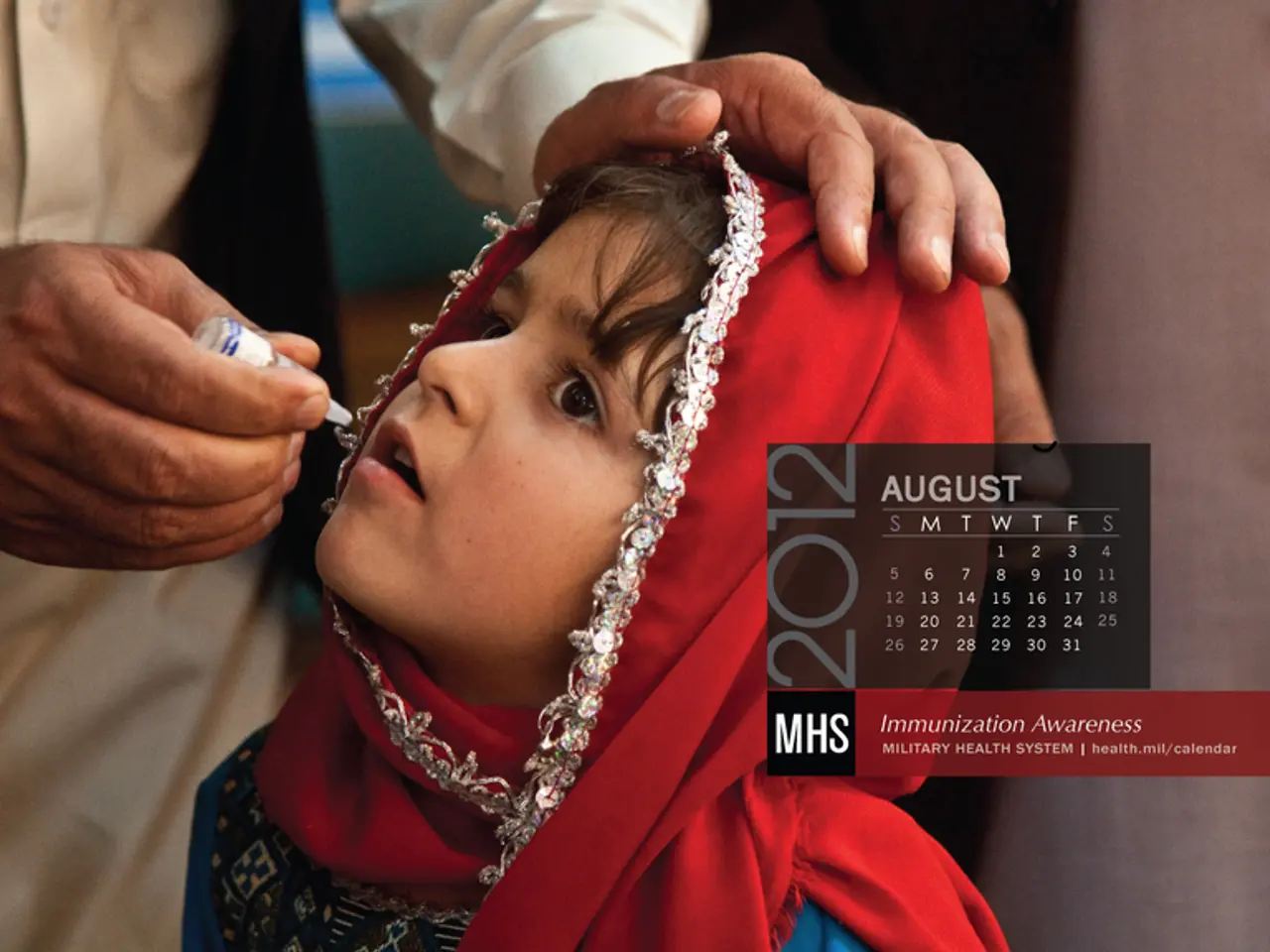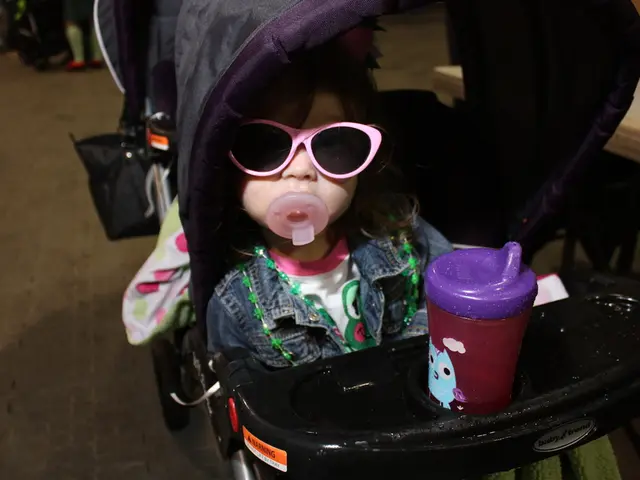Vaccine development funding of half a billion dollars revoked by RFK Jr.
In a surprising move, Robert F. Kennedy Jr. has announced the cancellation of 22 projects, totaling $500 million, aimed at developing vaccines using mRNA technology. The decision, made by the Department of Health and Human Services (HHS), has sparked concerns over its potential implications for pandemic preparedness, vaccine innovation, public health trust, cancer vaccine development, and the broader vaccine industry.
The mRNA technology, which is currently used in approved COVID-19 and RSV shots, offers potential advantages of rapid production, crucial in the event of a new pandemic that requires a new vaccine. However, it has not yet been approved for a flu shot. The cancelled projects, led by the nation's leading pharmaceutical companies, including Pfizer and Moderna, are believed to be a shift in vaccine development priorities for the health department.
Speaking in Anchorage, Alaska, Kennedy mentioned that the focus of the administration is on a universal vaccine. In a statement, Kennedy said, "Let me be absolutely clear, HHS supports safe, effective vaccines for every American who wants them." However, Kennedy has been vocal about his doubts about mRNA vaccines, having pulled back recommendations around the COVID-19 shots, fired the panel that makes vaccine recommendations, and refusing to offer a vigorous endorsement of vaccinations during a measles outbreak.
The decision to cancel the mRNA projects is the latest in a series of actions by Kennedy that express doubts about vaccines at the nation's health department. Kennedy has criticized mRNA vaccines in a video on his social media accounts, explaining the decision to cancel projects.
Experts warn that this reduction in funding for mRNA vaccine projects reduces the U.S.'s ability to rapidly develop effective vaccines against COVID-19, flu, and other respiratory infections, posing a "huge blow to national security" and preparedness for future pandemics. Mike Osterholm, a University of Minnesota expert on infectious diseases and pandemic preparations, called the cancellation of the mRNA projects "the most dangerous decision in public health in my 50 years in the business."
The HHS Biomedical Advanced Research and Development Authority (BARDA) is redirecting funding towards what it calls "safer, broader vaccine platforms" as opposed to mRNA technology, citing concerns over the efficacy of mRNA vaccines against upper respiratory infections and safety issues.
The abandonment of mRNA projects also raises concerns over the impact on oncology therapeutics, as mRNA technology is crucial not only for infectious disease vaccines but also for cancer vaccine development. Stopping mRNA infectious disease projects could degrade manufacturing capabilities, increase costs, and delay timelines for mRNA oncology trials, threatening clinical progress on promising cancer vaccines that depend on mRNA platforms.
Furthermore, Kennedy’s public questioning of mRNA vaccine safety and efficacy contradicts scientific consensus, potentially fueling vaccine skepticism and misinformation. This may reduce vaccination rates for multiple diseases and undermine confidence in future vaccine campaigns, complicating public health efforts.
The decision also risks further politicizing vaccine policy and public health guidance, making it more difficult to maintain consistent, science-based communication with the public.
Overall, halting mRNA vaccine funding may slow innovation in vaccine technologies, raise costs and delay treatments (especially in cancer), decrease preparedness for infectious disease outbreaks, and amplify public mistrust in vaccines and health authorities.
References: 1. Lauran Neergaard, Mike Stobbe, and Becky Bohrer. (2023). Associated Press. 2. The New York Times. (2023). "Pfizer, Moderna, and Sanofi Projects Cancelled by HHS." 3. The Washington Post. (2023). "Impact of Kennedy’s Decision on Vaccine Development and Public Trust." 4. The Wall Street Journal. (2023). "HHS Shifts Focus from mRNA Vaccines to Safer, Broader Platforms."
- The cancellation of 22 projects, totaling $500 million, aimed at developing vaccines using mRNA technology by the Department of Health and Human Services (HHS) has raised concerns about the potential impact on pandemic preparedness, vaccine innovation, public health trust, and the broader vaccine industry.
- Mike Osterholm, a University of Minnesota expert on infectious diseases and pandemic preparations, stated that the cancellation of the mRNA projects is "the most dangerous decision in public health in my 50 years in the business."
- Experts warn that the reduction in funding for mRNA vaccine projects could degrade manufacturing capabilities, increase costs, and delay timelines for mRNA oncology trials, threatening clinical progress on promising cancer vaccines that depend on mRNA platforms.
- Kennedy’s public questioning of mRNA vaccine safety and efficacy contradicts scientific consensus, potentially fueling vaccine skepticism and misinformation, which may reduce vaccination rates for multiple diseases and undermine confidence in future vaccine campaigns.
- The HHS is redirecting funding towards "safer, broader vaccine platforms" as opposed to mRNA technology, citing concerns over the efficacy of mRNA vaccines against upper respiratory infections and safety issues. However, the abandonment of mRNA projects also raises concerns over the impact on oncology therapeutics, as mRNA technology is crucial not only for infectious disease vaccines but also for cancer vaccine development.








